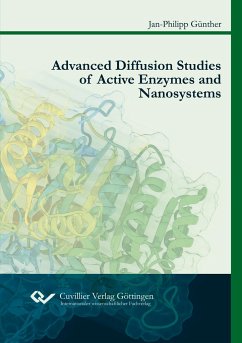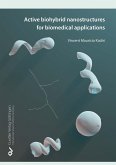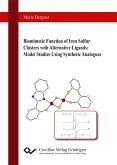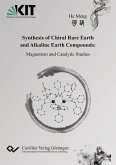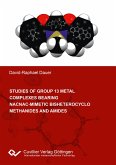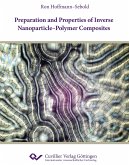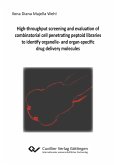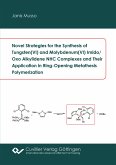Enzymes are fascinating chemical nanomachines that catalyze many reactions, which are essential for life. Studying enzymes is therefore important in a biological and medical context, but the catalytic potential of enzymes also finds use in organic synthesis. This thesis is concerned with the fundamental question whether the catalytic reaction of an enzyme or molecular catalyst can cause it to show enhanced diffusion. Diffusion measurements were performed with advanced fluorescence correlation spectroscopy (FCS) and diffusion nuclear magnetic resonance (NMR) spectroscopy techniques. The measurement results lead to the unraveling of artefacts in enzyme FCS and molecular NMR measurements, and thus seriously question several recent publications, which claim that enzymes and molecular catalysts are active matter and experience enhanced diffusion. In addition to these fundamental questions, this thesis also examines the use of enzymes as biocatalysts. A novel nanoconstruct ¿ the enzyme-phage-colloid (E-P-C) ¿ is presented, which utilizes filamentous viruses as immobilization templates for enzymes. E-P-Cs can be used for biocatalysis with convenient magnetic recovery of enzymes and serve as enzymatic micropumps. The latter can autonomously pump blood at physiological urea concentrations.
Hinweis: Dieser Artikel kann nur an eine deutsche Lieferadresse ausgeliefert werden.
Hinweis: Dieser Artikel kann nur an eine deutsche Lieferadresse ausgeliefert werden.

